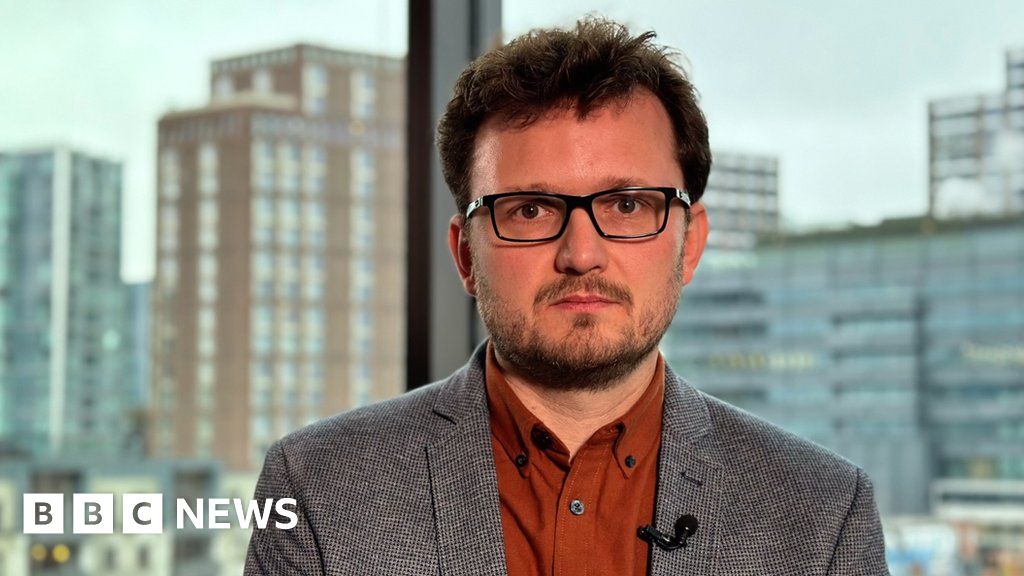- cross-posted to:
- technology@lemmy.world
- cross-posted to:
- technology@lemmy.world
Mr Krupski said he had found evidence in company data which suggested that requirements relating to the safe operation of vehicles that had a certain level of autonomous or assistive-driving technology had not been followed.
He added that even Tesla employees had spoken to him about vehicles randomly braking in response to non-existent obstacles - known as “phantom braking”. This also came up in the data he obtained around customer complaints.
Mr Krupski said he had felt compelled to share what he had found with data protection authorities.
The US Department of Justice have been investigating Tesla over its claims relating to its assisted driving features since January. Tesla has also faced similar probes and questions from agencies including the National Highway Traffic Safety Administration about its autopilot system.
German newspaper Handelsblatt published the “Tesla Files” after Mr Krupski shared 100GB of internal data he discovered.
The data protection authority in the Netherlands, where Tesla’s European headquarters are based, confirmed to the BBC it had been notified of the data breach and was looking into the claim.



Wow I can’t believe a car that has its radar prematurely ditched because of Elno’s wishful thinking and relies 100% on a computer vision model, which isn’t even a solved problem, phantom brakes. /s
They were also phantom breaking when they used radar. Surprisingly the amount of phantom breaking has reduced since transitioning to pure computer vision (IME).
At least once a day I’m behind a human driver that does the phantom brake thing.
Sorry, that’s just me downshifting.
I just need to hear the wapapapapapapap as I shift into neutral